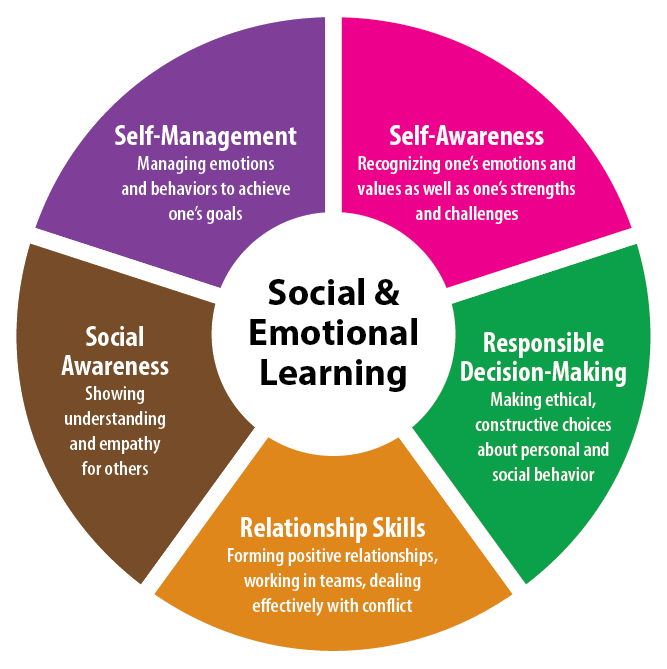
Volume 32, No. 4: The Evolving Educational Landscape
Academic Esports: Gateway to STEM-Related Careers
Jill Ranucci, Ph.D., CTE Consultant, Leander, Texas
Districts and states across the country revise and rewrite their academic visions, goals, standards, and strategic plans every year. Excellence, equity, resources, and classroom actions are at the forefront of student success. The rapidly changing technological landscape has changed much of what teachers and students are currently experiencing in learning environments. Industry leaders are searching for graduates who possess professional skills such as collaboration, communication, creativity, and analytical thinking. Yet students are often focused on their electronic devices and are enamored with the multitudinous methods of communication available to them within a single piece of technology. Although at times distracting, it is evident that today’s learning environment must meet the needs of today’s learners, and that tool is an electronic device. Consequently, esports as an academic CTE pathway can ignite a student’s passion to discover the endless opportunities in science, technology, engineering, and math (STEM) related careers as well as orbital careers associated with esports.
Until recently, only a few attempts had been made to postulate developmental change in CTE curricular resources to include the rapid growth in emerging technology. STEM has become an integral part of CTE in recent years due to the high demand of the jobs associated with current and emerging technologies. The industrialized market has become dependent on technological advances, and CTE career pathways must capitalize on careers that enhance the expanded growth in today’s market. Additionally, the 2D environment that has been the norm has expanded rapidly to a 3D environment, and it is predicted that in the next few years, 3D learning will be the next phase of Internet expansion and industry tools. This raises the question, “How can we intrinsically excite and engage our CTE students in this new chapter of history and prepare them for the future workforce?” The answer is academic esports!
Academic esports can be a gateway to STEM-related careers such as game development, information technology, engineering, and web development as well as marketing careers in broadcasting, media, sound design, graphics, and related fields. This multi-billion-dollar industry has attracted today’s youth at unprecedented levels. Now is the time for CTE to be the educational innovators and leap ahead with state-of-the-art technology and industry-standard teaching tools. Researchers at Mastery Coding have provided a design that includes the developmental as well as technical skills that are so critical for all industry sectors (see white paper). The skills sought after by most districts include social and emotional learning (SEL), teamwork, leadership, strategic thinking, adaptability, tenacity, and self-regulation and have long been educational goals. These are universal skills that employers seek in today’s employees. Academic esports provides learning experiences to enhance each of these skills. Introducing students to STEM studies through their passion for gaming can quickly help learners discover their next steps in career visions.
Emerging technologies are no longer “emergent,” but already ubiquitous, prosperous, and constantly evolving within our daily lives. Technology will continue to rapidly develop, and CTE educators must grow with the changing panoramic landscape. This is an enormous task, but with the help of industry partners, teachers will have the tools to effectively teach tomorrow’s technology. After all, student engagement and success are essential to solving the complex problems that currently affect our global citizens as well as those of the future.


For further reading: Conti, R., Levey, A., Smith D., Sitomer, A. (2021). The Benefits of Academic Esports: What the Research Says about Student Success (Mastery Coding).
For more information, contact the author at jillranucci13@gmail.com.